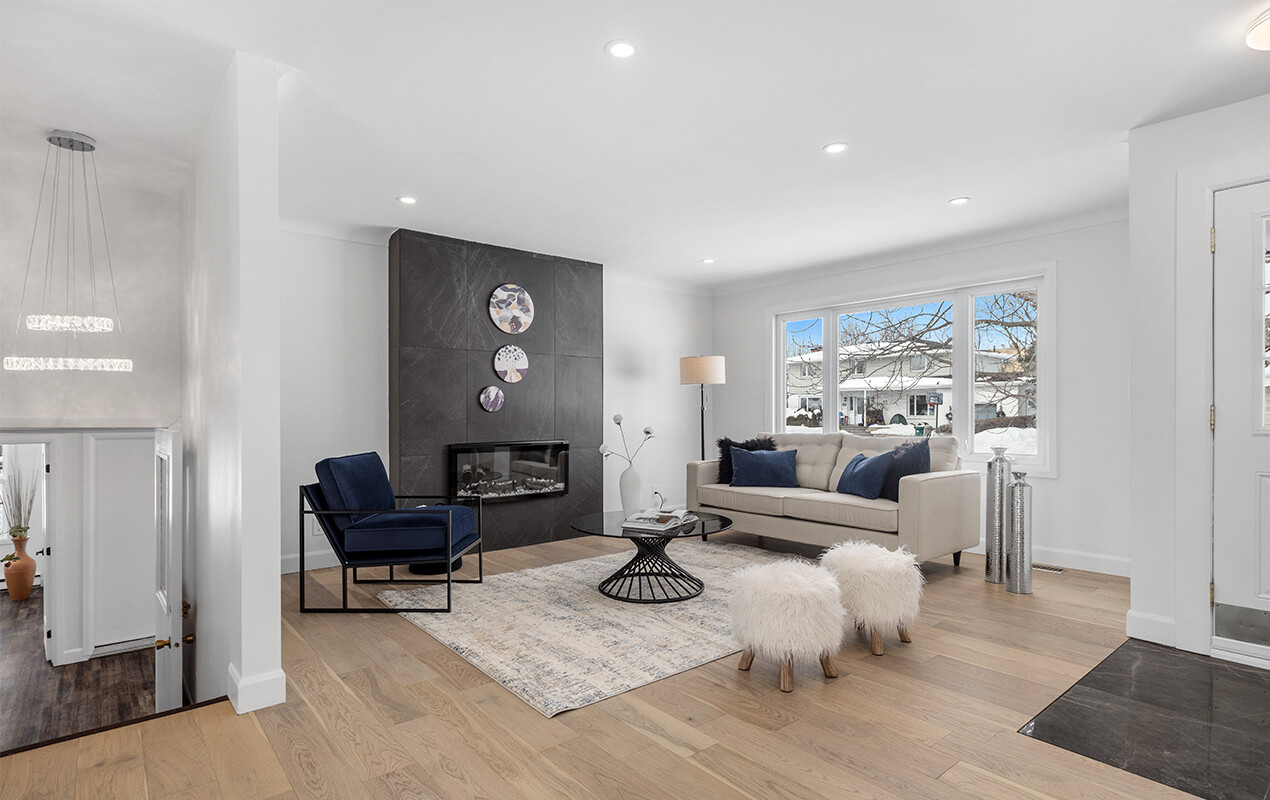Long-Term Considerations When Buying a Home

Buying a home is one of the most significant financial and emotional decisions in life. While many people focus on immediate factors like price, location, and style, it’s equally important to think about how the property will serve you in the long run. A home is an investment, a space for growth, and potentially a source of financial security. By taking long-term considerations into account, buyers can avoid future regrets and ensure their home continues to meet their needs for years to come.
Financial Stability and Affordability
Financial stability is one of the most important long-term considerations when buying a home. Many buyers focus on the upfront price but fail to account for ongoing costs such as property taxes, insurance, utility bills, and routine maintenance. Life is unpredictable, and changes in employment, income, or personal circumstances can affect your ability to afford these costs.
Creating a realistic budget that includes predictable and unexpected expenses is crucial. Evaluating how the home fits into your long-term financial plans prevents overextension and ensures your investment is sustainable. This approach helps maintain peace of mind and protects against future financial strain.
Resale Potential and Market Trends
When considering a home purchase, evaluating resale potential is a key long-term factor. Even if you plan to stay for many years, life circumstances can change unexpectedly, making the ability to sell quickly important. Working with professional agents can provide valuable insight into market trends and buyer preferences, helping you choose a property that maintains its appeal.
As you can see at nashvilleproperty.com.au, there are sites that offer current data on neighborhood demand and pricing, which, when combined with expert advice, ensure you make an informed decision. Understanding market trends and resale potential protects your investment and provides flexibility for future life changes.
Neighborhood Growth and Development
The neighborhood surrounding your home greatly impacts its long-term value and livability. It’s not enough to consider current amenities; you must research future development plans, zoning changes, and community improvements. New schools, shopping areas, parks, or public transportation projects can boost property values and enhance your quality of life.
Industrial development, heavy traffic, or poorly planned construction can negatively affect the neighborhood’s appeal. Understanding the trajectory of a community ensures your home remains a good investment and a place where you feel comfortable for years. A forward-looking perspective helps you avoid surprises and secure financial and lifestyle benefits.
Family Needs and Lifestyle Changes
When buying a home, anticipating your future family’s needs is crucial. A house that fits your lifestyle today may quickly become inadequate as your family grows or life circumstances change. Extra bedrooms, flexible living spaces, and sufficient storage can accommodate children, guests, or aging parents. Consider your long-term hobbies, remote work requirements, or mobility needs when evaluating a property.
Homes with adaptable layouts and the potential for renovations offer more flexibility, helping you avoid costly moves in the future. When buying land to build on, thinking about long-term family and lifestyle needs ensures your home continues to meet daily requirements while supporting personal growth and evolving priorities.
Maintenance and Property Condition
The condition of the home and its maintenance requirements are key long-term considerations. Older homes can have charm and character, but they often require costly updates, such as roof replacement, plumbing repairs, exterior home upgrades, or electrical upgrades. Even newer homes need regular maintenance, including HVAC servicing, landscaping, and appliance care.
Budgeting for these expenses ensures that unexpected issues don’t create financial strain. Homes built with durable materials and energy-efficient systems reduce long-term upkeep costs and provide better comfort. Understanding the long-term maintenance implications of a property allows buyers to make informed choices, protecting their investment and their day-to-day living experience over the years.
Long-Term Emotional Investment
A home is a financial asset and an emotional investment. Beyond bricks and mortar, it is a place where memories are created, family traditions take shape, and personal identity develops. Choosing a home that aligns with your values, aesthetic preferences, and lifestyle fosters a sense of belonging and satisfaction.
Emotional attachment contributes to happiness and increases your willingness to care for and improve the property. Considering long-term emotional fulfillment alongside practical and financial factors ensures that your home is functional and deeply meaningful. A thoughtful emotional connection enhances the lasting satisfaction of your investment.
Final Thoughts
Buying a home requires careful consideration of how the property will fit into your future. From financial stability and neighborhood growth to family needs, maintenance, resale potential, and emotional connection, these long-term factors shape the lasting value of your investment. By looking beyond the present moment and planning for years ahead, buyers can choose a home that meets today’s needs and supports a fulfilling and secure future.

















